Thyroid Symptoms and Solutions
What Is the Thyroid Gland?
The thyroid is a butterfly-shaped gland in the front of the neck. It produces hormones that control the speed of your metabolism — the system that helps the body use energy. Thyroid disorders can slow down or rev up metabolism by disrupting the production of thyroid hormones. When hormone levels become too low or too high, you may experience a wide range of symptoms.
Thyroid hormone level LOW - HYPOTHYROID
Thyroid hormone level HIGH - HYPERTHYROID
Who Should Be Tested?
If you think you have symptoms of a thyroid problem, ask your doctor if you should be tested. People with symptoms or risk factors may need tests more often. Hypothyroidism more frequently affects women over age 60. Hyperthyroidism is also more common in women. A family history raises your risk of either disorder.
Other Causes of Hypothyroid
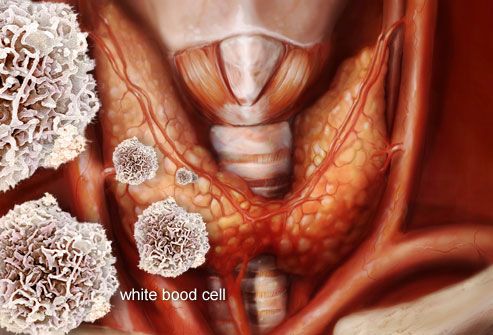
- Hashimoto’s disease - an autoimmune disorder in which the body attacks the thyroid gland. The result is damage to the thyroid, preventing it from producing enough hormones. Hashimoto’s disease tends to run in families.
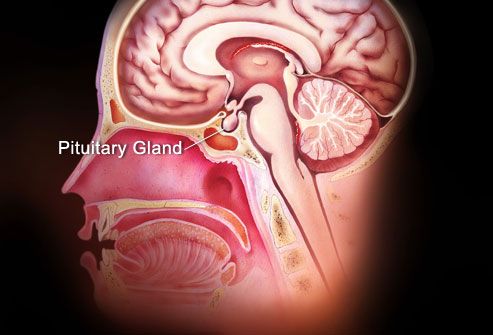
- problem with the pituitary gland, which is at the base of the brain. This gland produces thyroid-stimulating hormone (TSH), which tells the thyroid to do its job. If your pituitary gland does not produce enough TSH, levels of thyroid hormones will fall. Other causes of hypothyroidism include temporary inflammation of the thyroid or medications that affect thyroid function.
Other Causes of Hyperthyroid
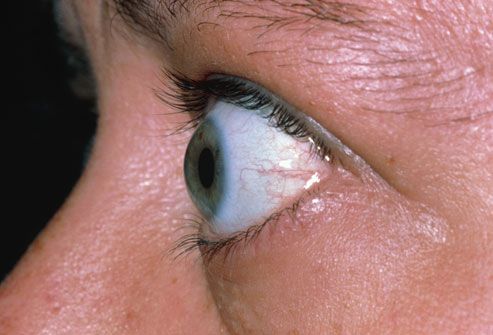
- Graves’ disease - an autoimmune disorder that attacks the thyroid gland and triggers the release of high levels of thyroid hormones. One of the hallmarks of Graves’ disease is a visible and uncomfortable swelling behind the eyes.
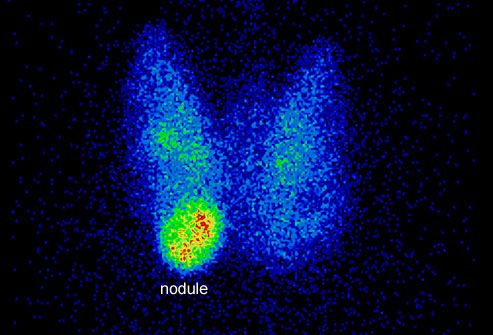
- result from thyroid nodules. These are lumps that develop inside the thyroid and sometimes begin producing thyroid hormones. Large lumps may create a noticeable goiter. Smaller lumps can be detected with ultrasound. A thyroid uptake and scan can tell if the lump is producing too much thyroid hormone.
Thyroid Disorder Complications
- Untreated hypothyroidism - raise cholesterol levels, more likely to have a stroke or heart attack. In severe cases, trigger a loss of consciousness and life-threatening drop in body temperature.
- Untreated hyperthyroidism - serious heart problems and brittle bones.
Treating Hypothyroidism
If you are diagnosed with hypothyroidism, your doctor will most likely prescribe thyroid hormones in the form of a pill. This usually leads to noticeable improvements within a couple of weeks. Long-term treatment can result in more energy, lower cholesterol levels, and gradual weight loss. Most people with hypothyroidism will need to take thyroid hormones for the rest of their lives.
Treating Hyperthyroidism
The most common treatment for hyperthyroidism is anti-thyroid medication, which aims to lower the amount of hormones produced by the thyroid. The condition may eventually go away, but many people need to remain on medication for the long term. Other drugs may be given to reduce symptoms such as rapid pulse and tremors. Another option is radioactive iodine, which destroys the thyroid gland over the course of 6 to 18 weeks. Once the gland is destroyed, or removed by surgery, most patients must begin taking thyroid hormones in pill form.
Natural remedies can help manage hyperthyroidism and other thyroid conditions by supporting, balancing, and detoxifying the body. Many natural therapies may also prevent or even cure hypothyroidism, providing the thyroid hasn’t been removed or damaged irreparably.

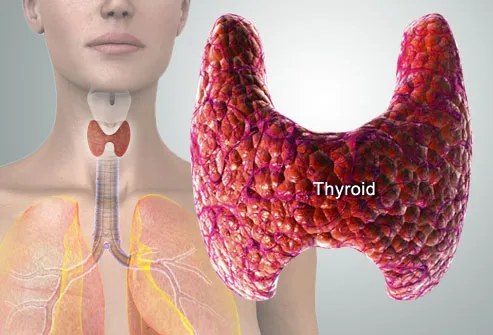
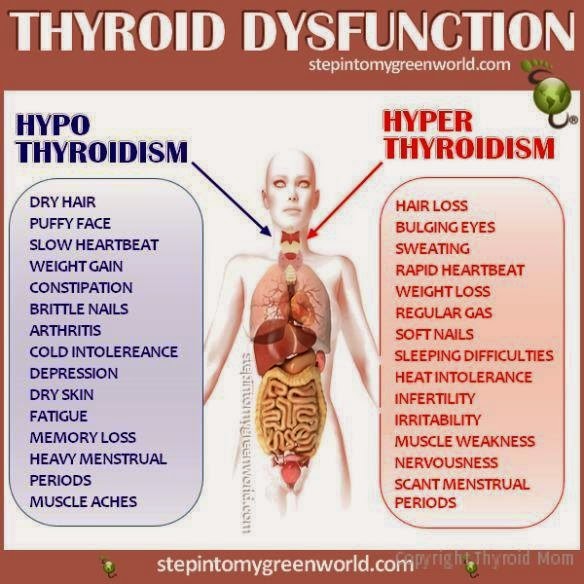
Tinggalkan Balasan